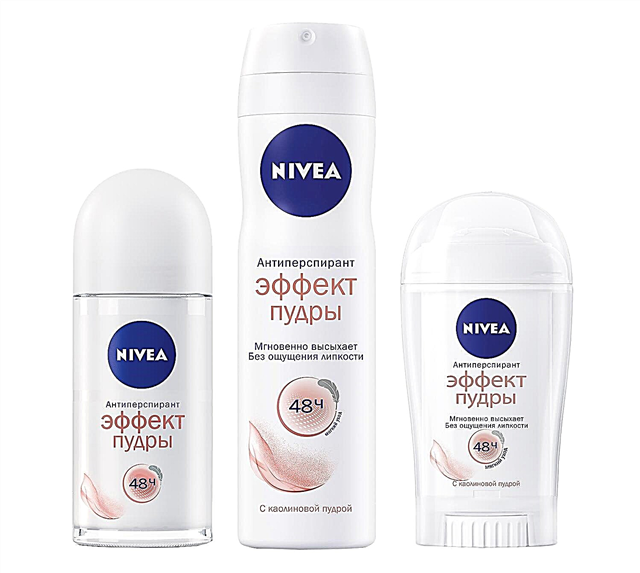Share
Pin
Tweet
Send
Share
Send
A woman often does not realize that discomfort in this sensitive area affects not only mood and overall well-being, but also affects the quality of life.
 And this happens because ideas and knowledge about the causes of chest pain are shrouded in many myths and misconceptions. Constant or periodic pain in the mammary glands is a concern for almost every woman at different ages. The incidence of mastopathy in Russia among women of reproductive age is quite high, and in the presence of gynecological diseases, the frequency increases. However, few consider this a significant reason for dealing with this problem to the doctor.
And this happens because ideas and knowledge about the causes of chest pain are shrouded in many myths and misconceptions. Constant or periodic pain in the mammary glands is a concern for almost every woman at different ages. The incidence of mastopathy in Russia among women of reproductive age is quite high, and in the presence of gynecological diseases, the frequency increases. However, few consider this a significant reason for dealing with this problem to the doctor.Myth number 1. Pain in the mammary glands is normal and does not require treatment.
That is what most women think. But this is a deceptive and dangerous delusion.
“Any pain is a signal of the body about a malfunction in a system,” comments Korzhenkova Galina PetrovnaDoctor of Medicine doctor, oncologist, radiologist, senior researcher at the Russian Cancer Research Center named after N.N. Blokhina RAMS. - Pain in the mammary glands is most often caused by hormonal imbalance. Pain is always an occasion to consult a doctor who will help determine its cause and advise on means to eliminate complaints.Wearing the right underwear, a healthy lifestyle, and a balanced diet is the key to breast health. Local therapy using a special gel with natural progesterone will allow you to adjust the response of breast tissue to hormonal imbalance and reduce discomfort ".
Due to chronic overfatigue, violation of the mode of work and rest in the body of a woman, a hormonal disorder occurs. And stress and strong emotional experiences cause a real "hormonal storm" in the body, provoking pain in the mammary gland.
Myth number 2. Pain in the mammary glands during puberty or premenopause does not require treatment.
Compassion in such a situation can be the cause of the development of mastopathy. And the duration of pain in benign breast diseases is a risk factor for the occurrence of breast cancer.
However, one of the most common causes of pain in the mammary glands is hormonal. Therefore, it is not surprising that this occurs during the period of the most intense hormonal storms. The nature and intensity of pain can be very diverse: severity, tingling, burning, burning, pressure, acute pain, discomfort.
The main danger is that a woman eventually gets used to prolonged, but not very intense pain and does not attach due importance to it. And as a result, does not go to the doctor at all or does it very soon, which can lead to adverse consequences.
Combined oral contraceptives can cause pain in the mammary glands. Any contraceptive contains in its composition a certain concentration of hormones.At the beginning of taking contraceptives, the body adapts, which can cause pain in the mammary glands. In modern drugs, the doses of hormones are very small, so with well-chosen remedies, pain quickly passes. If pain in the chest does not go away 3 months after the start of treatment, you should consult a doctor who will correct the course. An additional local action that relieves soreness can be a progesterone gel.
Myth number 3. Chest pain is always a sign of serious illness, including breast cancer.
Chest pain is a serious signal that you need to see a doctor and find out their cause. The reason may be not only mastopathy, which occurs in every third woman in our country, but also pronounced premenstrual syndrome, improper use of contraceptives, as well as natural hormonal changes associated with puberty, pregnancy, and the onset of menopause. A significant role is played by chronic gynecological diseases, disordered sexual life, and thyroid function deficiency. In a healthy mammary gland, cancer is extremely rare.
However, the risk of breast cancer in women suffering from chest pain (mastalgia) for a long time without adequate treatment is five times higher than in women without it. Therefore, if you experience regular pain in the mammary glands, you must consult a doctor and figure out its causes.
Photo: PR
Material prepared by Julia Dekanova
Share
Pin
Tweet
Send
Share
Send



